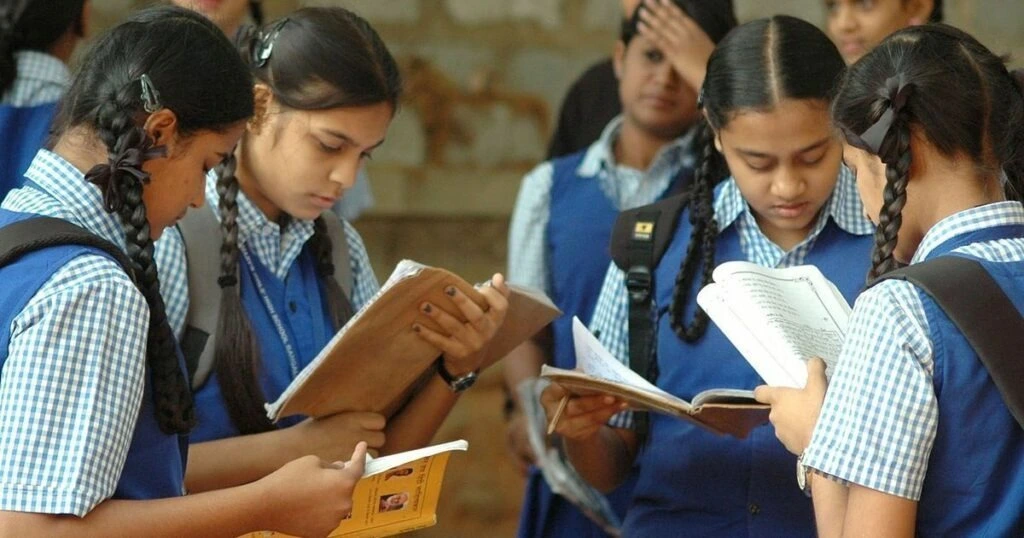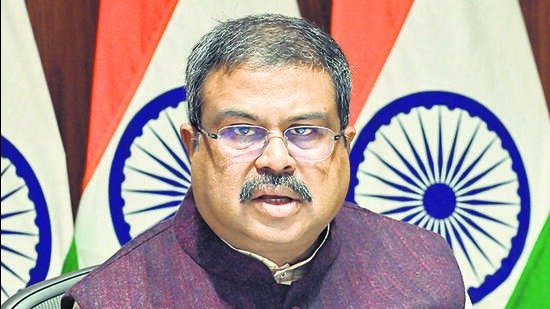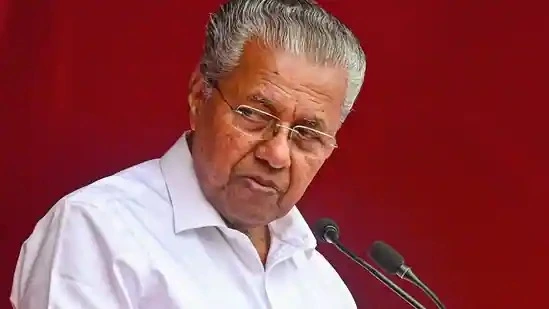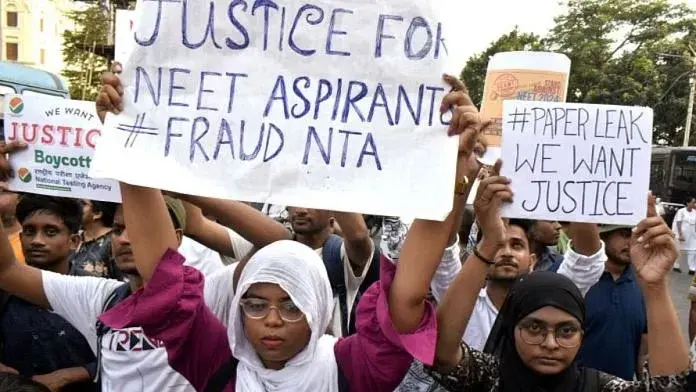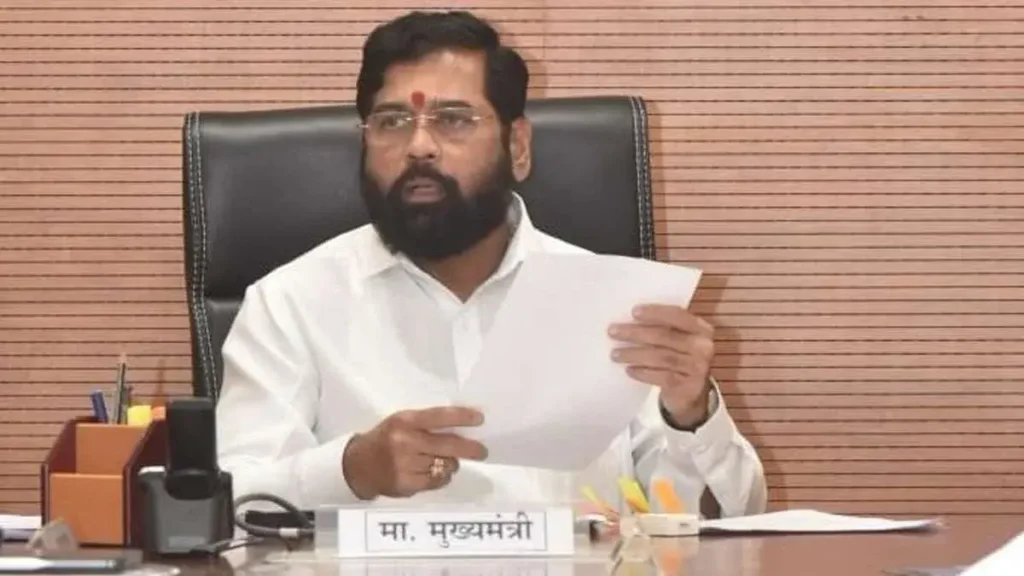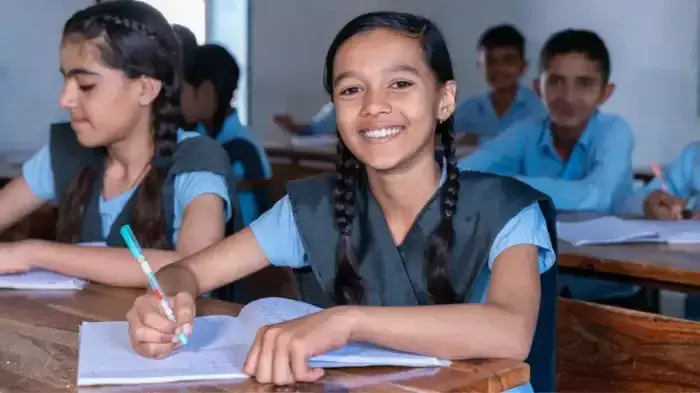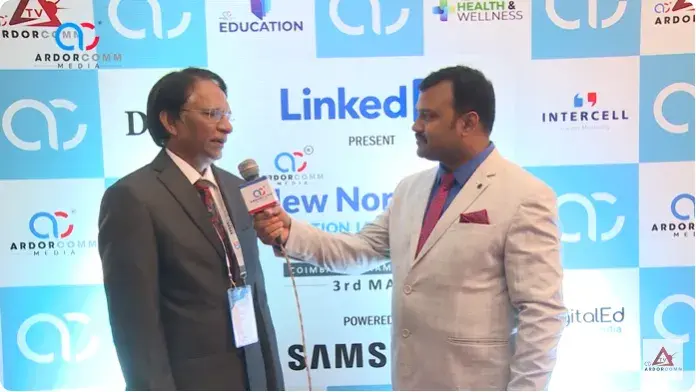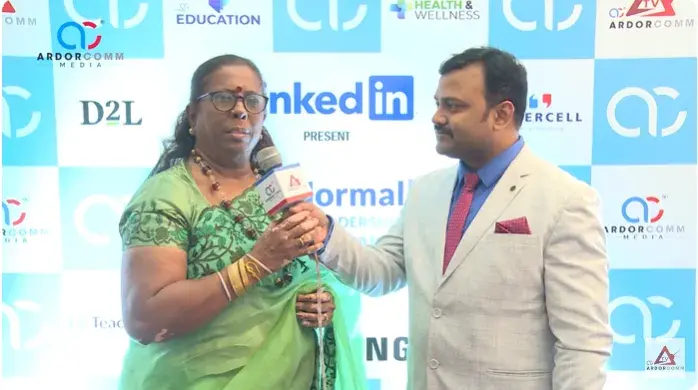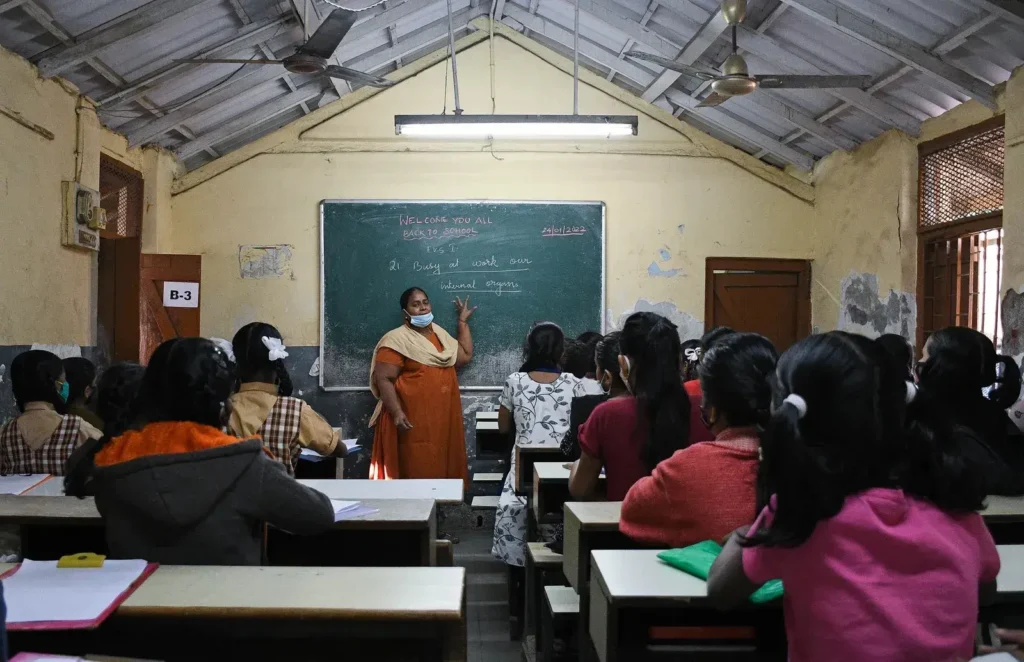Only 6.26% of Schools Complete SQAAF Evaluation Amidst SSC-HSC Exam Rush
Amidst the ongoing SSC and HSC board exams, only 6.26% of schools in the state have completed the School Quality Assessment and Assurance Framework (SQAAF) evaluation. The low completion rate is attributed to the heavy workload of teachers, who are engaged in exams, paper inspections, and capacity-building training. The evaluation, conducted by the State School Standards Authority Cell (SSSAC) under the State Council of Educational Research and Training (SCERT), requires schools to self-assess their performance based on 128 standards. Schools must upload comprehensive information, add photos of activities, and create individual Google links for each standard. Initially, SCERT had set a deadline of February 28 in a circular issued on February 3. However, due to teacher complaints regarding the complexity and time-consuming nature of the process, an extension was granted. As of March 17, out of 1,08,530 schools, 99,457 have begun the process, but only 6,796 have completed it. Former State Principals’ Association vice-president Mahendra Ganpule noted that teachers have been preoccupied with planning and training, which has delayed the evaluation. He suggested that scheduling SQAAF assessments at the start of the academic year would have improved completion rates. A principal, speaking anonymously, highlighted the logistical challenges, stating that schools must retrieve photos from past activities without state-provided devices or data packs. Additionally, creating 128 separate Google links has added to the workload. Attempts to reach SCERT Director Rahul Rekhawar for comments were unsuccessful. Source: punemirror
Only 6.26% of Schools Complete SQAAF Evaluation Amidst SSC-HSC Exam Rush Read More »

